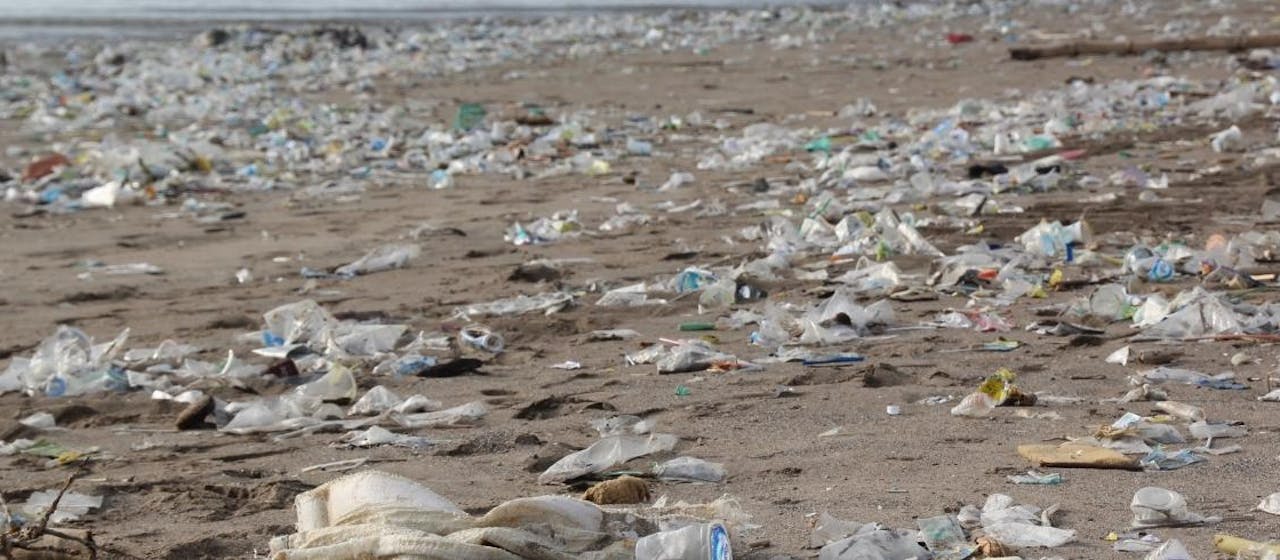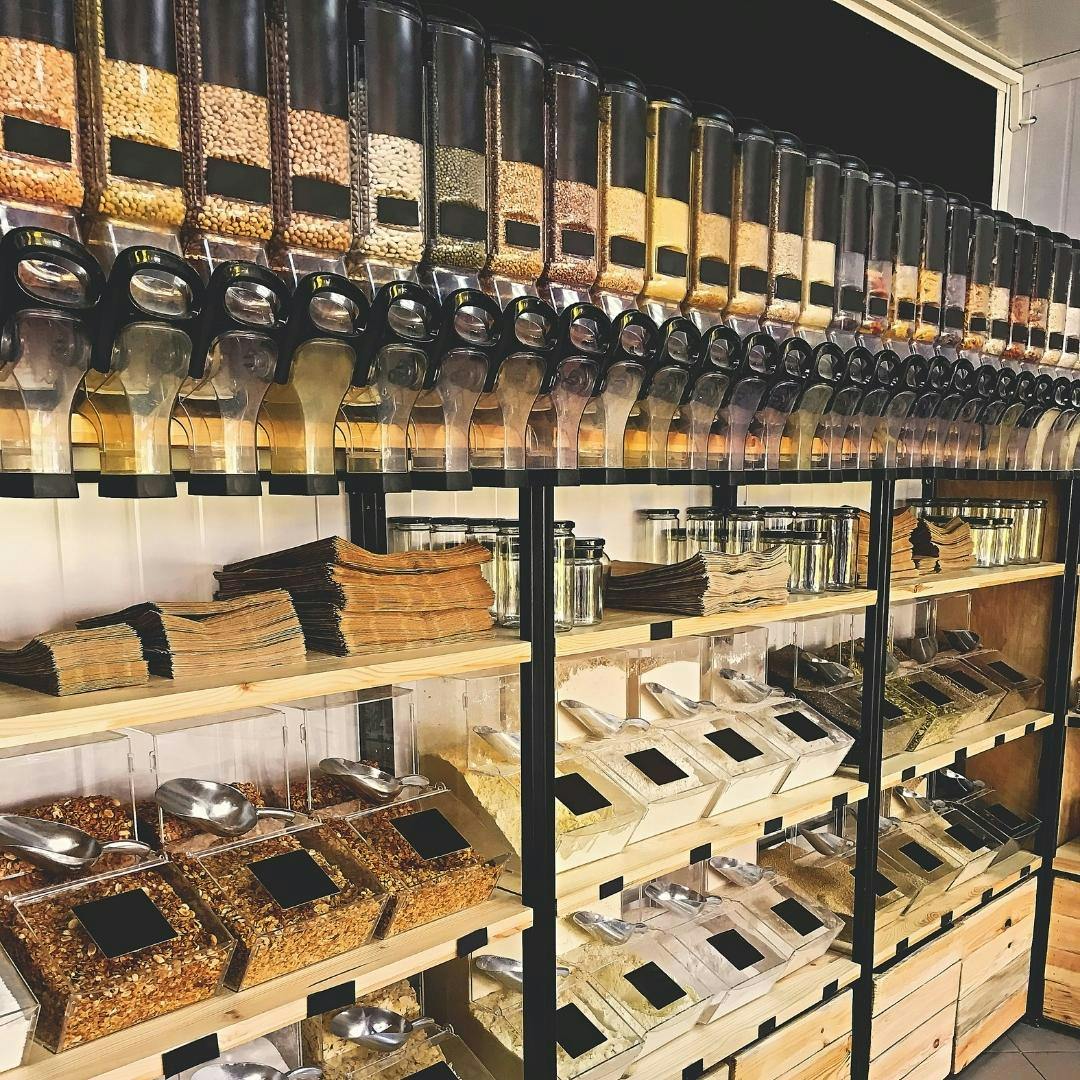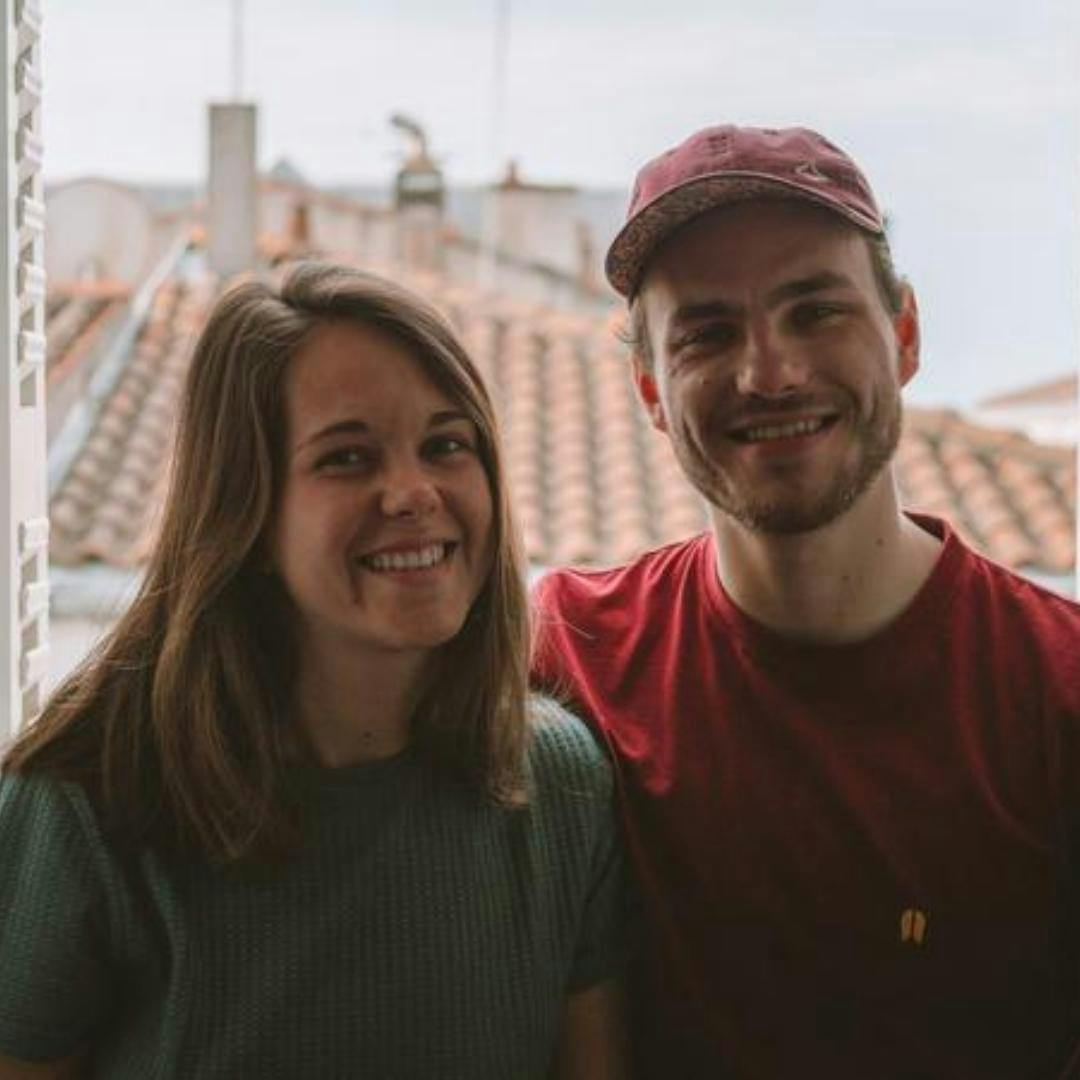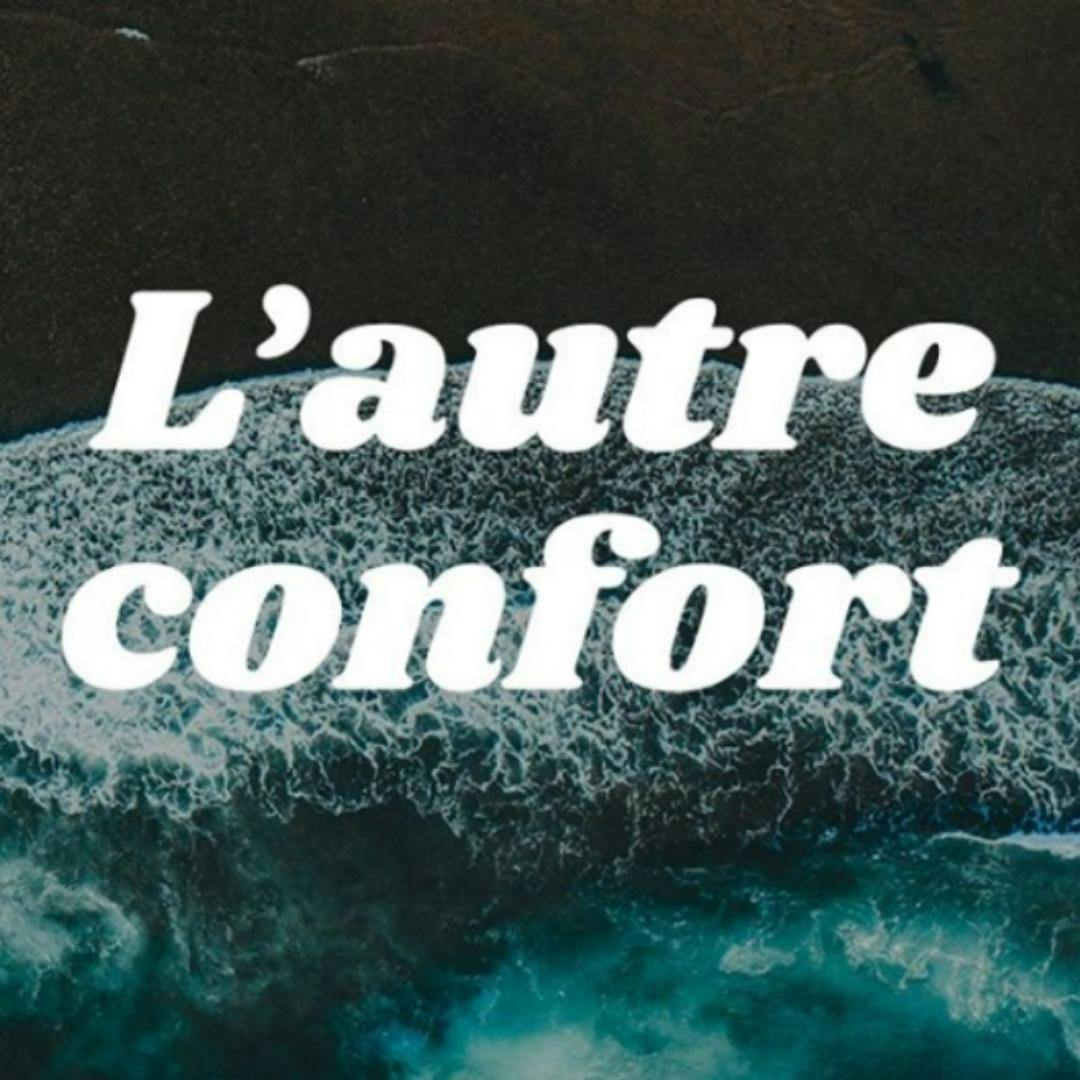
Plastic is not that great
It's everywhere: containers, packaging, everyday objects... So yes, it's very practical, but at what cost to the planet?
A few numbers
- Since its production began, 8.3 billion tons of plastic have been generated.
- Plastic is generally single-use and half of it is thrown away within a year of purchase.
- By 2050, Rolland Geyer predicts that there will be more plastic than fish in the ocean if we do not do anything.
- When it doesn't end up in a processing center, plastic usually ends up in the ocean. It then sinks and breaks down into microparticles over the years, which even plankton can swallow. It not only pollutes the waterways but is a major risk to biodiversity.
Atlernatives
We can already try to limit our plastic consumption: refuse plastic bags in stores, avoid single-use plastics and over-packaged products, or buy in bulk.
But what to do with the existing plastic before it ends up in the ocean?
Many associations are trying to limit this dramatic phenomenon. In this article, we want to introduce Blutopia "the media that makes waves" and our partner for the second Earth Ubac Challenge #EUC (go to our Instagram @ubac_shoes to take the challenge). They are the experts who made the quiz in our stories. Let us tell you more about their awesome project.

Blutopia
Blutopia is a newsletters and documentary series, all made with great passion by Malaury, Julien and their team of volunteers. Their goal: to give citizens the power to act and protect the ocean
Here, we're focusing on the last documentary series they produced: "The other comfort", because we loved it, but don't hesitate to follow them and subscribe to their newsletter!
The other comfort" is composed of four episodes, each one focusing on a major objective: collection, revalorization, reduction of plastic waste and education of populations. To illustrate them, Blutopia has met many people with very interesting initiatives.
- Collecting plastic waste
Blutopia presents the Australian association Take 3. As its name indicates, the idea is to collect 3 pieces of waste wherever you go. Of course, the organization does not limit itself to the number 3, as collection and cleaning days are organized, with more and more volunteers! We also discover the Trash Hero Myanmar initiative, which also organizes large scale clean ups in order to clean, educate people, show them how to easily change their lifestyle to take care of the ocean and thus create change at their scale.


Blutopia
- Enhancing it
After Australia, Blutopia stay in Myanmar but also go to Vietnam, Philippines and Indonesia. There, Malaury and Julien met different organizations and companies which try to revalorize plastic waste. Most of the time, this "upcycling" goes hand in hand with a will to improve the life of the local population. Ecological and ethical, these projects deserve to be known and supported.
- Reducing their production and consumption
For this video, we stay in Indonesia, but we also discover Cambodia and Thailand. Malaury and Julien make us discover other actors in the fight against ocean pollution, in another way.
We don't tell you more, but we strongly advise you to go and see these videos on Imago TV. The images are breathtaking and the positive message gives hope. At the time of writing this article, episode 4 is not yet released, but we are looking forward to it!
We totally share Blutopia's convictions and we invite you to learn more about their various projects, we loved working with them. With our sneakers, we try to limit our impact. We use as much as possible natural and recycled materials, like wool, to give them a new life and avoid that they end up in nature!
We also limit the over-packaging and our packages do not contain any plastic (recycled and recyclable cardboard) to be sure to leave the ocean alone.
Source : National Geographic
